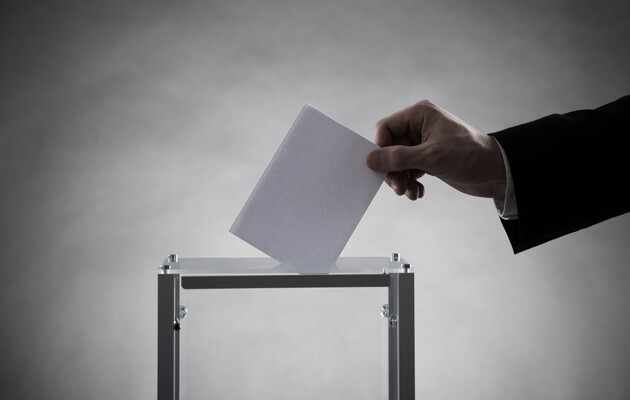The Constitution of Ukraine prohibits holding any elections during martial law. Meanwhile, the majority of citizens are convinced that by changing the government during the war, we risk losing the state, as stated by Inna Vedernikova in her article With Ukraine In The Heart. Why The Elections Will Not Solve The Problems Of The Warring State, And What Is The Way Out For The President.
The results of the Razumkov Center poll, commissioned by ZN.UA, showed that 63.9% of respondents agree with the statement “The change of power during the war is a great risk of losing the state.” 18.1% of respondents disagree with this idea. The same number of Ukrainians find it difficult to answer the question.
Meanwhile, 31.6% of respondents believe that it is possible to hold fair elections during the war, but only if the United News Marathon (a joint information telethon which was launched on February 24, 2022, at the start of Russia’s 2022 invasion of Ukraine) is cancelled. 45% of respondents do not agree with this opinion. Another 23.4% is difficult to answer.
In addition, the majority of Ukrainians, namely 51.2%, believe that the government’s position is currently overrepresented in the information space of Ukraine. 27.4% of respondents do not agree with this statement, and for 21.4% of them it is difficult to give an answer.
As for democratic values themselves, one of the keys to which are elections, according to 74.1% of citizens, Ukrainians are fighting for them, as well as for the security of the West. 12.4% of respondents do not agree with this statement, and for another 13.5% – it is difficult to decide.
However, not only the war and the possible holding of elections are considered dangerous for the existence of the state by Ukrainians. In particular, 84% of citizens agree with the statement that “Corruption poses a danger to the existence of the state.” 7.9% do not agree with this, and for 8.1%. it is difficult to decide.
The survey commissioned by ZN.UA was conducted by the social service of the Razumkov Center from September 28 to October 4, 2023, using the face-to-face method in 22 regions of Ukraine and the city of Kyiv. 2019 respondents over the age of 18 were surveyed. The theoretical sampling error does not exceed 2.3%.
